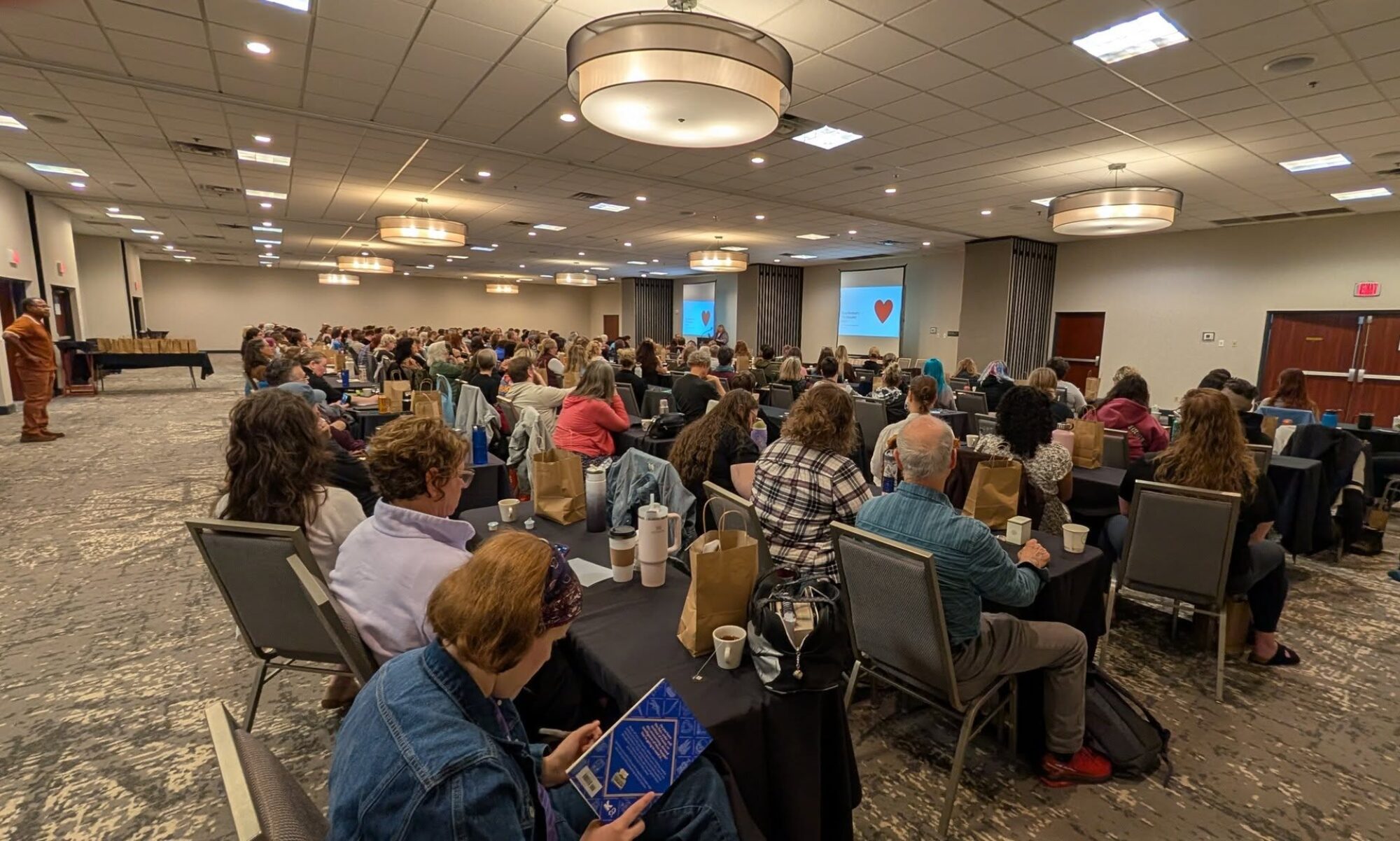I’ve spent the last hour reading legislative updates pertaining to the regulation of massage…in the past, I’ve sometimes referred to this as the good, the bad, and the ugly. This time, I’m just going to call it a comedy of errors. I don’t know whether to laugh or cry.
I’m not even going to address all the discrepancies in the number of hours of required education and/or exams required for licensure, or the discrepancies in the hours of required continuing education, or even the wide variances in licensing fees. I’ve commented on that a number of times, and that situation isn’t likely to change at any time in the near future.
Everybody has seen those “outdated laws” posts before, silly laws that are still on the books, like “It’s illegal to ride a horse without a saddle on Main Street after 5 pm every other Sunday.” You get the picture. Some of our massage laws seem about as archaic. You just have to wonder at the logic that goes into some of these things…and you also have to believe that these most assuredly were not proposed by, nor are they likely supported by, massage therapists. It’s the bureaucracy at work.
Many of the statutes that have been proposed or enacted in the past few years are a direct result of the economy and state governments being so deep in dept. Several states are now taxing, or considering taxing services (like massage, hair and nail services, even grass-mowing). Even self-supporting boards have in some cases had their monies raided in the interest of feeding the state’s general operating fund. NH is seeking to abolish their massage board altogether, in the interest of saving money. And in the state of West Virginia, HB 2502 seeks to combine the administrative functions of the massage board with the acupuncture board (not so weird) and with the forestry board (weird), the board of licensed dietitians, and the hearing aid dealers board (at least the last two are still health-related). It makes you wonder what we have in common with foresters. Are foresters out there planting trees while naked or committing some other unethical act? Maybe so.
A lot of states don’t require any fingerprinting and/or criminal record submissions of applicants for a massage license. A convicted rapist or violent criminal can get one. Some states require licensees to provide proof of liability insurance, but most don’t. I personally think that one’s a good idea.
There is so much discrepancy between the states on modalities that have to be licensed. In NC, where I live, Bowen therapy, craniosacral, Rossiter, Zero Balancing, and 24 other modalities are specifically spelled out as requiring a massage and bodywork license. We don’t regulate reflexology, which I really don’t get. I’ve had plenty of reflexology and I would have to say that there is at least as much tissue manipulation going on as there is during a session of acupressure, which we do require licensing for. NY licenses both acupressure and reflexology, and Polarity therapy. I know practitioners who will argue that every modality mentioned in this paragraph is energy work and not massage. You might as well agree to disagree and get a license if it’s required of you.
Speaking of NY, earlier this year SB 1030 was proposed, got stuck in the Higher Education committee, and may have expired due to lack of action. It provides that the commission of prostitution offense by any person upon premises at which a massage therapist regularly engages in his or her profession, or the commission of any such offense by a massage therapist constitutes professional misconduct; provides that upon 3 or more convictions of such offenses upon such premises, or any conviction of a massage therapist of any such offense, the massage therapist’s license shall be revoked. So basically, you can prostitute once or twice, but don’t do it three times or you’ll lose your license. You might even lose it if you weren’t personally prostituting but someone else on the premises was. It’s worded a little vaguely, in my opinion.
In the summertime, not much is happening, because legislatures tend to pack it up and go home. Some things are always left on the table for the next session, and some (hopefully) will never see the light of day again. And some things are urgently needed, like regulation in the 8 states that don’t have any. In each of those states, there are therapists working for licensing, and just as many fighting against it.
You can find regular updates about what is going on in the regulatory world of massage on the legislative briefing pages on the websites of both ABMP and AMTA.


